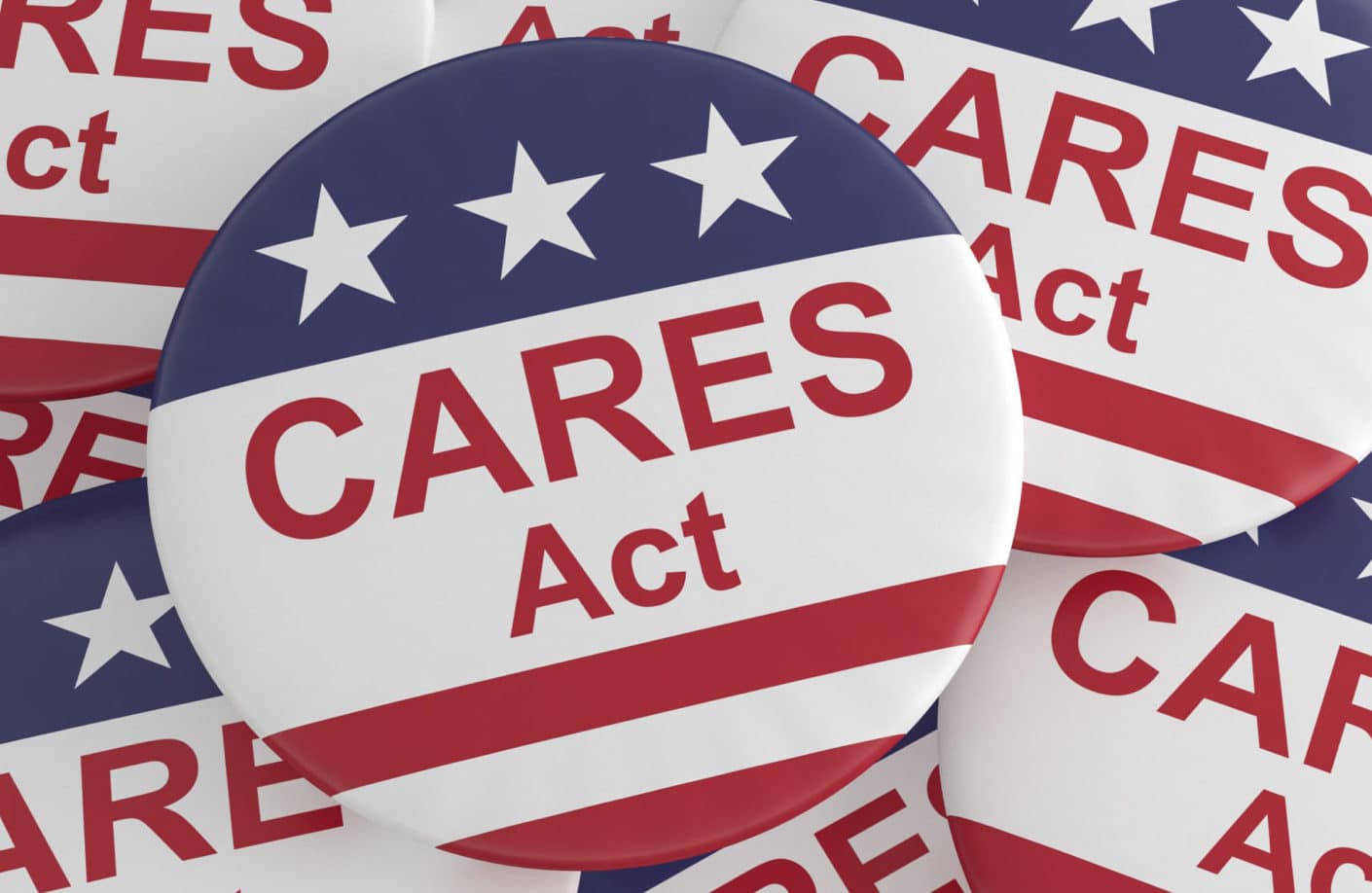Legacy Design Strategies
Omaha, NE, Minot, ND and Iowa Fall, IA Estate Planning and Elder Law Firm
Estate Planning and Elder Law Blog

Several bills were passed by Congress to ease financial challenges for Americans during the pandemic. One of the provisions of the CARES Act was to allow workers to withdraw up to $100,000 from their company sponsored 401(k) plan or IRA account in 2020. This is a big departure from the usual rules, says an article from U.S. News & World Report titled “How to Avoid Taxes on Your CARES Act Retirement Withdrawal.”
Normally, a withdrawal from either of these accounts would incur a 10% early withdrawal penalty, but the CARES Act waives the penalty for 2020. However, income tax still needs to be paid on the withdrawal. There are a few options for delaying or minimizing the resulting tax bill.
Here are three key rules you need to know:
It’s wise to take advantage of that three-year repayment window. If you can put the money back within that three-year time period, you might be able to avoid paying taxes on it altogether. If you are in a cash crunch, you can take the full amount of time and repay the money next year, or the year after.
For instance, if you took out $30,000, you could repay $10,000 a year for 2020, 2021, and 2022. You could also repay all $30,000 by year three. Any repayment schedule can be used, as long as all of the taxes have been paid or all of the money is returned to your retirement account by the end of the third year period.
If you pay taxes on the withdrawal and return the money to your account later, there is also the option to file an amended tax return, as long as you put the money back into the same account by 2022. The best option, if you can manage it, is to put the money back into your retirement account as soon as possible, so your retirement savings has more time to grow. Eliminating the tax bill and re-building retirement savings is the best of all possible options, if your situation permits it.
If you lost your job or had a steep income reduction, it may be best to take the tax hit in the year that your income tax levels are lower. Let’s say your annual salary is $60,000, but you were furloughed in March and didn’t receive any salary for the rest of the year. It’s likely that you are in a lower income tax bracket. If you took $15,000 from your 401(k), you might need to pay a 12% tax rate, instead of the 22% you might owe in a higher income year.
Reference: U.S. News & World Report (April 23, 2021) “How to Avoid Taxes on Your CARES Act Retirement Withdrawal”

Get Started Today
Book your Free Estate Planning Consultation Now
Stay Up-To Date
Subscribe to Our eNewsletter
9859 South 168th Avenue,
Omaha, NE 68136
7 Third Street SE, Suite 202,
Minot, ND 58701
320 North Oak Street, PO Box 295,
Iowa Falls, IA 50126
